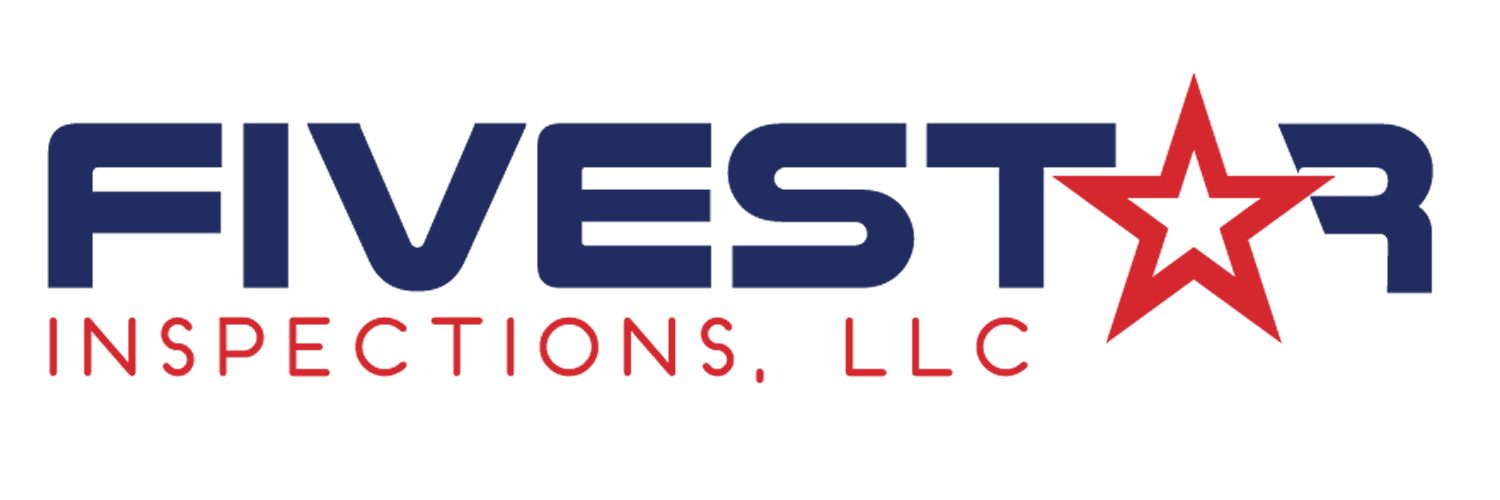Well Inspections
Choose Us for your Property Transfer Septic and Well Inspections
Five Star Inspections specializes in Real Estate Transfer Well Inspections and Water testing in West Bend, Germantown, Colgate, Richfield, Hubertus, Jackson, Hartford and Slinger Areas.
If you leave septic issues unresolved, the problem only worsens. For example, a water source could eventually become contaminated. Our professionals want to prevent worse septic problems from happening.
- Pumping of septic and holding tanks
- Water testing services
- Holding tank inspections
- Septic and well inspections
Ensure Safe, Bacteria Free Drinking Water With House to Home!
 As one of Wisconsin’s 900,000 private well owners or private well water consumers, you probably use groundwater for doing your family’s laundry, drinking, cooking, bathing and watering your garden. Municipalities are required to test their water supplies regularly to ensure the water is safe to drink. Since there is no requirement to test a private well except for bacteria when it is first drilled or the pump is changed, you are responsible for making sure your water is safe. Most private wells provide a clean, safe supply of water; however, contaminants can pollute private wells, and unfortunately you cannot see, smell or taste most of them. Consequently, you should test your water on a regular basis.
As one of Wisconsin’s 900,000 private well owners or private well water consumers, you probably use groundwater for doing your family’s laundry, drinking, cooking, bathing and watering your garden. Municipalities are required to test their water supplies regularly to ensure the water is safe to drink. Since there is no requirement to test a private well except for bacteria when it is first drilled or the pump is changed, you are responsible for making sure your water is safe. Most private wells provide a clean, safe supply of water; however, contaminants can pollute private wells, and unfortunately you cannot see, smell or taste most of them. Consequently, you should test your water on a regular basis.
What tests should be done on my water?
Coliform Bacteria / E. Coli
Coliform bacteria live in soil, on vegetation and in surface water. Coliform bacteria found in the intestines of warm-blooded animals and their feces are called E.coli. Some strains of coliform bacteria can survive for long periods in soil and water and can be carried into well casings by insects. Bacteria washed into the ground by rainwater or snowmelt are usually filtered out as the water seeps through the soil, but they sometimes enter water supplies through cracks in well casings, poorly-sealed caps, fractures in the underlying bedrock, and runoff into sinkholes. Coliform bacteria are the most common contaminants found in private water systems. A 1994 Wisconsin survey found them in 23% of the wells tested and E.coli in 2.4% of the wells. Most coliform bacteria do not cause illness, but indicate a breach in the water system. However, since E.coli bacteria are found in fecal material, they are often present with bacteria, viruses and parasites that can cause flu-like symptoms such as nausea, vomiting, fever and 2 diarrhea. Private wells should be tested at least once a year for bacteria, by a laboratory that performs an E.coli test when total coliform are present. Test again if there is a change in the taste, color, odor or appearance of your water. The coliform test is one of the most important tests you should have done on your well water. However, bacteria are only one of many possible contaminants. A negative bacteria test is good news, but does not mean your well is free of other contaminants.
Nitrate
Nitrate forms when nitrogen from fertilizers, animal wastes, septic systems, municipal sewage sludge, decaying plants and other sources combines with oxygenated water. In infants under six months of age, nitrate exposure can cause a serious condition called methemoglobinemia or “blue-baby syndrome.” Infants with this condition need immediate medical care because it can lead to coma and death. Nitrate taken in by pregnant women may reduce the amount of oxygen available to the growing fetus. Test for nitrate if a pregnant woman or infant will be drinking the water. Everyone should have their water tested for nitrate at least once. If you live in an area within ¼ mile of a corn, soybean or vegetable field, you should test your water for nitrate regularly. Well owners should also test for nitrate regularly if their well is located near an area where fertilizers are manufactured or handled; or an animal feed lot or manure-storage area. In general, shallow wells and wells with short or cracked casings have the highest risk of contamination; however, deep wells are also at risk in some areas. A 2007 random survey of Wisconsin domestic wells found nitrate above the 10 parts per million (ppm) standard in 14% of the wells. Forty-eight percent had nitrate above 2 ppm.
Arsenic
Arsenic occurs at low levels in soil and bedrock, but has been found at levels above drinking water standards in wells in all areas of the state, especially in northeastern Wisconsin. Arsenic also may occur in wells near landfills that received paint or electronic components. Exposure to arsenic at high levels can result in nervous and digestive system problems. Long term exposure to arsenic has been linked to skin and other cancers. Because arsenic has been found in wells across the state in various geologic formations, and the test is relatively cheap, every well owner should have their water tested at least once for arsenic.


